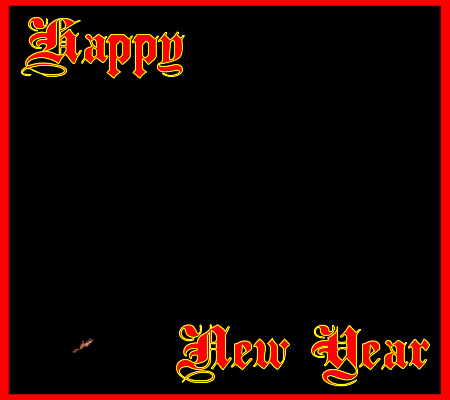
A new year is upon us, and with it comes the answer to that burning question that invariably crops up around this time: Is it New Years Day, New Year’s Day or New Years’ Day? It’s New Year’s Day, but attempts to explain why can generate even more questions.
The dictionary isn’t much help. Rather than providing a definitive answer, Merriam-Webster equivocates, giving itself wiggle room by inserting the word usually before its usage explanation — “usually New Year’s: New Year’s Day.” Does that mean New Years Day (no apostrophe) is sometimes acceptable? No, it doesn’t. Here’s why …
New Years (no apostrophe) is plural, signifying more than one year. And any reference to the new year is singular, to the year ahead (i.e., we don’t say “Happy New Years” to cover several years at once). That means both New Years Day and New Years’ Day (both plural) are incorrect. OK, so why is New Year’s Day (singular possessive) correct?
A common explanation is that New Year is a noun and that references to the day or eve of New Year show possession and require the apostrophe (i.e., the day of New Year or New Year’s Day — the same as the glass of Brenda or Brenda’s glass). BUT … applying that same logic, shouldn’t Christmas Day be Christmas’ Day? Yet, it’s not.
Christmas Day, without the apostrophe, is the commonly accepted form. Why then don’t we just say New Year Day? Because it sounds weird. Perhaps it’s the juxtaposition of two time periods — year and day — that make the apostrophe seem necessary.
Given Merriam-Webster’s definition of New Year — meaning “the first day of the year celebrated as a holiday” — one might also argue that the Day in New Year’s Day is redundant (i.e., the day of the first day of the year celebrated as a holiday). And in fact, we commonly say, “Happy New Year!” (leaving out Day or Eve entirely) or “Happy New Year’s!”
In this latter instance, the apostrophe is still correct, even when the object of possession (Day or Eve) is absent, because the object is assumed.
Having no sound explanation for why we use the apostrophe in New Year’s Day and not in Christmas Day leaves us with “because that’s the way it’s done.” Maddening, isn’t it?
It’s just one of those things you have to accept … like singing along to Auld Lang Syne every New Year’s Eve without having any idea of what the words mean. We’ll save that for another blog post … In the meantime, Happy New Year!



